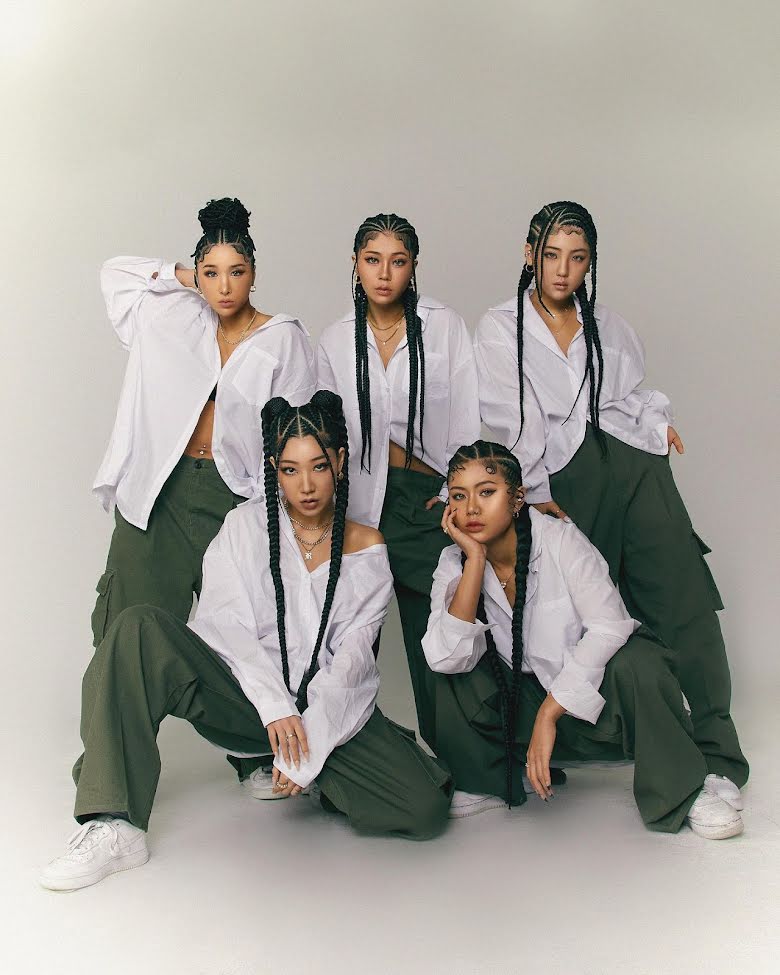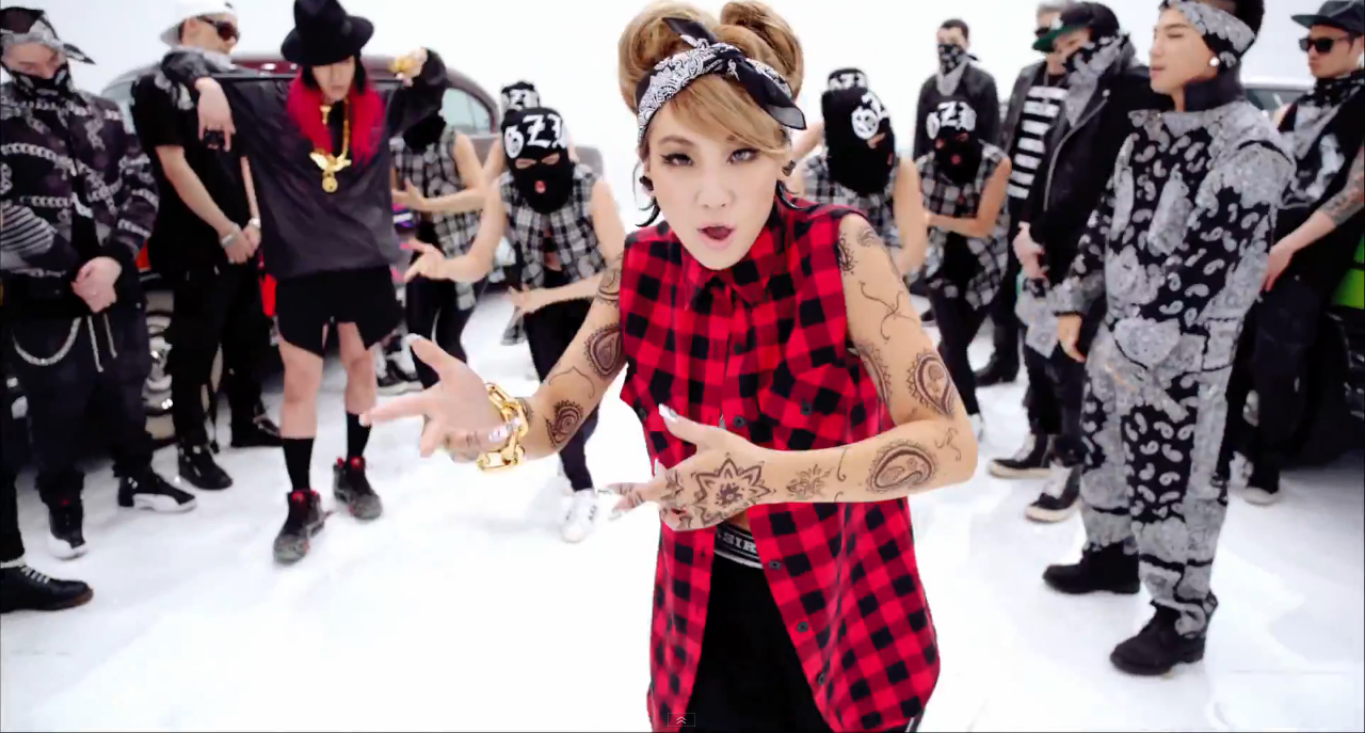Commenting on the unresolved issue of cultural appropriation in K-pop is a tricky affair. Any criticism of its heavy-handed use of aesthetics from other cultures often results in severe backlash, particularly affecting marginalised fans of colour. The interplay of South Korea’s homogeneity, globalisation and ethnic nationalism in Korea reveals a cycle in which K-pop severely silences both artists and fans of colour.
Even in its name, it’s clear that K-pop drew significant inspiration from Western pop music during the late 1990s, an era that witnessed the rise of boy and girl bands like the Spice Girls, Backstreet Boys and N*Sync. But even these pioneers were inspired by African American acts in R&B and hip-hop from the same era like Dru Hill, Blackstreet, SWV, TLC and Destiny’s Child. Such ensembles were known to be highly profitable and it didn’t take long for South Korean entertainment, particularly K-pop to catch on.
After over three decades, it seems K-pop is the last man standing, often being credited for reviving the girl/boy band formula. Some of the most popular K-pop acts like BTS and Blackpink have easily outperformed their American counterparts. K-pop’s newest sensation NewJeans, formed in 2022, released their EP, NewJeans, selling over 530,000 units in South Korea alone.
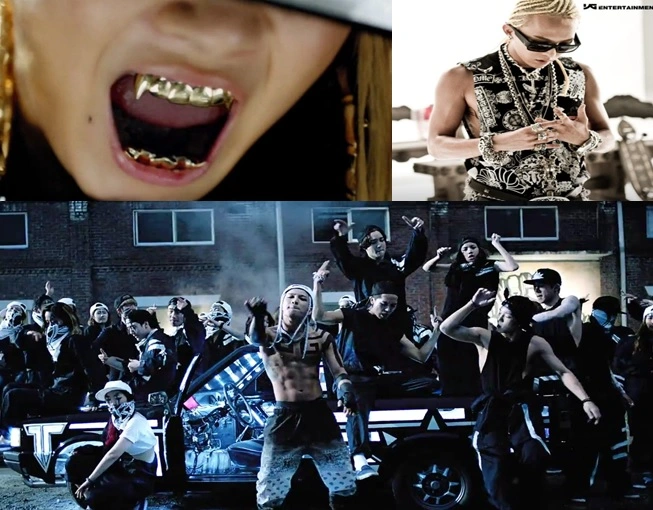
But despite its global appeal, K-pop has been called out for cultural exploitation. In an Uproxx article, K-pop expert Lai Frances discussed the complex origins of K-pop, highlighting how its artists and labels may not fully grasp the cultural context of the stereotypes they imitate. She says, “Artists and idols have found themselves embroiled in appropriation whether they know it or not … Sometimes it’s the stylists’ fault, sometimes it’s the lack of education or exposure to other cultures – rather than just stereotypes – and sometimes plain ignorance.”
If my esteemed reader is not yet convinced that this is a real issue, perhaps a recollection of the recent controversy surrounding Gwen Stefani’s use of Harajuku Girls will help illustrate my point. If Stefani finds herself in hot water for appropriating Asian culture, is it not fair that K-pop idols answer to the same critique?
Some might argue that rather than being cultural appropriation, K-pop’s use of black culture tropes is a form of appreciation. But appreciation requires a level of consciousness and acknowledgement, which is hard to gauge given K-pop’s lack of accountability. While some artists may inadvertently appropriate elements from Black American culture, others actively engage in it. But K-pop’s cultural cannibalism isn’t restricted to just hip-hop and Black American culture, either.
In 2020, Blackpink fans called the band out for inadvertently insulting the Hindu religion in their How You Like That music video, which garnered over 1.2 billion views on YouTube and was later edited to remove the Hindu deity. But K-Pop idols continue to knick styles and traditional garb from other cultures, often wearing grills, braids, cornrows and even blackface in videos and campaigns, reducing hundreds of years of cultural and spiritual meaning to stereotypes and costumes. As if this weren’t bad enough, there is a persistent issue of plagiarism in K-pop. Take a look at the image below.
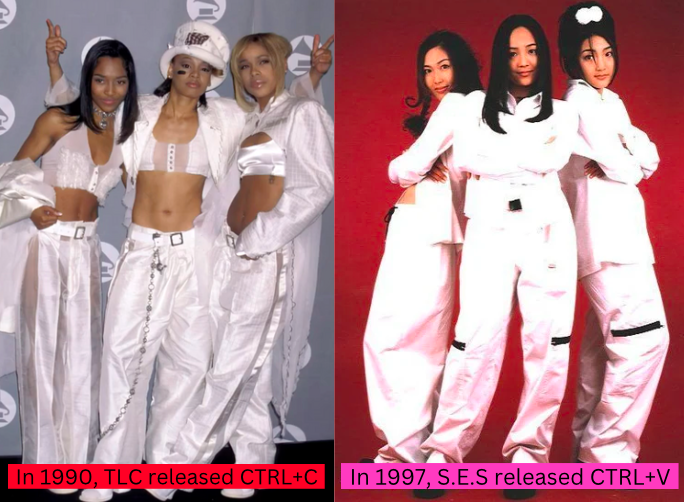
Of course, any pop culture enthusiast will know that cultural appropriation is nothing new. The history of rock ‘n’ roll draws a concerning parallel to K-Pop’s relationship with black culture. Rock ‘n’ roll, initially pioneered by black artists, was eventually co-opted and dominated by white performers, much like how K-Pop’s global success often overlooks the contributions of black artists to its foundation. This mirrors a long history of cultural exploitation, where black creativity is embraced when convenient and discarded when not.
Unlike the United States, which is a melting pot of different cultures, South Korea is overwhelmingly made up of Koreans. Exposure to outside influences came mainly through Korea’s own history of being colonised around the mid-20th century when the US maintained a presence after the Korean War. American troops sparked a cultural curiosity that continued throughout the century, laying the roots of modern K-Pop’s eventual takeover.
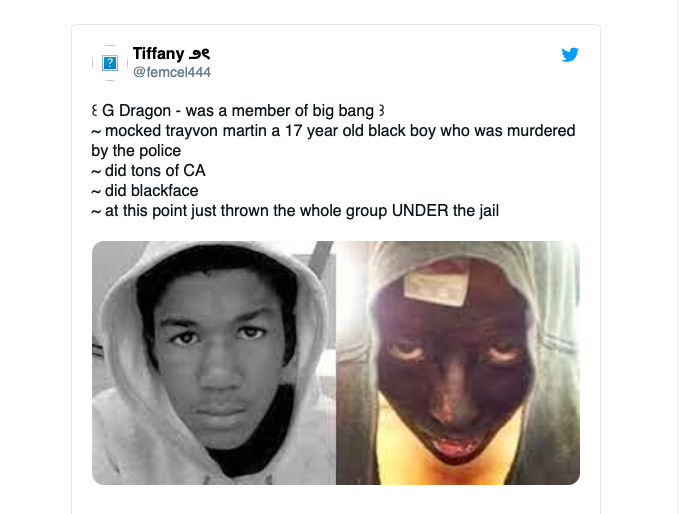
But K-Pop’s persistent blind spot is that modern African-American popular culture has its origins in a history of oppression and emerged as a form of resistance in the face of systemic injustice. Given this historical context, it becomes puzzling why K-pop gets away with portraying elements of Black culture without any sensitivity. It often stereotypes based on appearance, which influences how ordinary South Koreans perceive Black folk.
Professor Lee Gyu-tag attributes this issue to a general disinterest in learning about other cultures in Korea, despite K-pop’s global dominance. To tackle this issue, the professor suggests incorporating cultural sensitivity training into idol group programs and shifting the discourse around K-pop in Korea to promote cross-cultural learning. While the issue of cultural appropriation in K-pop is complex and persistent, the onus is really on us the fans who are consistently complicit. By continuing to consume K-pop unquestioningly on such a colossal scale, we ourselves become the tentacles of its vulturous tendencies, thus ensuring our own erasure.
